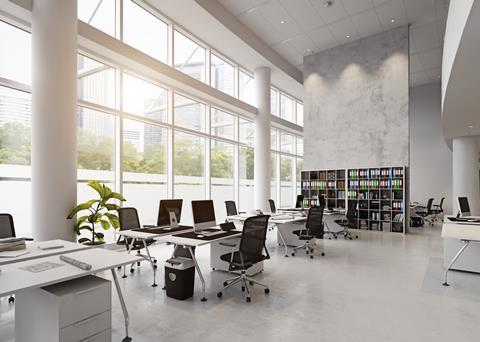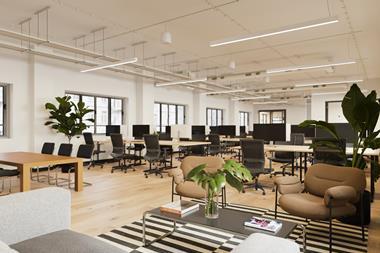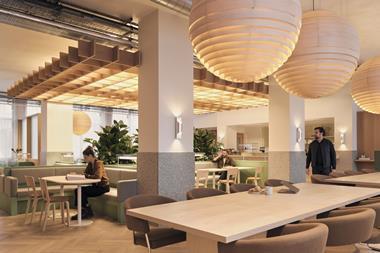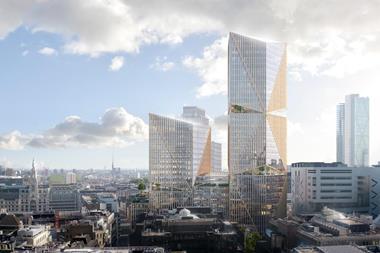Editor: It is no surprise that the regional office market has remained robust throughout the coronavirus pandemic, with stable rents outside the UK’s primary cities a strong indication of future working norms.

Employees and businesses want to work in more flexible ways, but this does not make the office redundant. Instead, it is set to drive new regional demand where people can access the amenities of the workplace closer to home.
The shift to remote working has shown businesses that a more flexible and footloose approach can work just as well, if not better, than city centre HQs. But while remote working has brought benefits, including saved commute times and lower daily costs, it has also brought unprecedented challenges, chiefly strained communication, blurred work-life boundaries and insufficient connectivity.
In fact, 38% of workers say lockdown has had a negative impact on their wellbeing, new research by Deloitte shows; while 31% report they are more collaborative in the office.
According to the ONS, productivity has also declined significantly in this new age of remote working, down by almost a fifth in Q2 – the sharpest decline since records began.
The way people want to work has changed. Employees have become accustomed to shorter commute times, while offices must now facilitate social distancing – both demands that city centre skyscrapers are poorly placed to cater for.
So, businesses decentralising their office footprint is the obvious next step for employers and their staff. The resilience of the regional office market heralds just this, signalling a transition by businesses of all sizes to a hub-and-spoke model: a network of regional office space powering people to work in more flexible ways and closer to home, while continuing to access the in-person benefits of the office.
Emma Long, managing director, north, BizSpace






























No comments yet